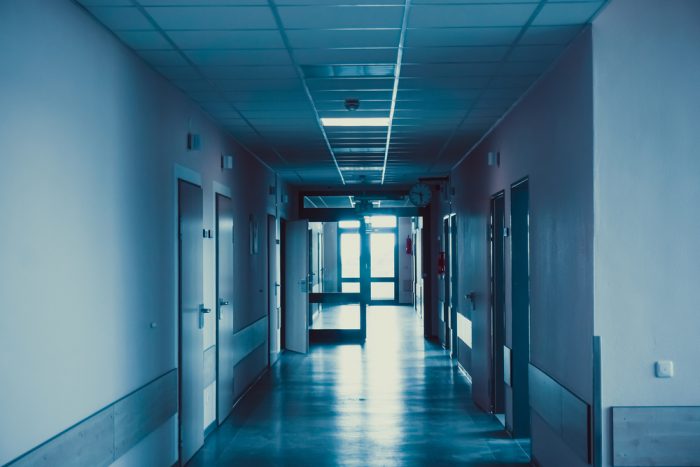Christian-Based Hospital Systems Will Get Day in Supreme Court

Separation of church and state will again be in the nation’s headlines in 2017. The United States Supreme Court elected this month to hear appeals by Christian-affiliated hospital systems of lower federal court rulings that allowed employee lawsuits accusing the provider systems of wrongly claiming a religious exemption from federal pension law.
California-based Dignity Health, New Jersey-based St. Peter’s Healthcare System, and Illinois-based Advocate Health System each appealed separate federal appeals courts rulings that refused to throw out the provider employee lawsuits. The Supreme Court justices agreed to hear all three cases.
The employees accused the religious-based hospital systems of being big businesses posing as church organizations in order to avoid minimum funding and reporting requirements on employee pension plans mandated by the federal Employee Retirement Income Security Act (ERISA).
The lawsuits claimed the exemption for the hospital systems is putting employee pension plans at extreme risk. The hospital providers said allowing the employee lawsuits to go forward could jeopardize nonprofit hospitals’ ability to provide care to the general public.
The three hospital systems continue to argue that their religious affiliation makes them exempt from ERISA. St. Peter’s is affiliated with the Roman Catholic Church; Dignity was once a Catholic-affiliated system, but still operates many Catholic hospitals in California, Nevada and Arizona; and Advocate is affiliated with the Evangelical Lutheran Church in America and United Church of Christ.
Hundreds of hospitals and hospital systems have claimed exemption from the federal law since 1980. That year marked when Congress amended ERISA to extend what is known as the “church plan” exemption, originally only for churches, to a broader definition to include certain religiously affiliated organizations.
It has only been just recently that these system employees have filed lawsuits challenging hospitals’ use of the exemption. It should be noted that many of the lawsuits have plaintiffs represented by the same law firm.
Complicating matters is that federal trial court rulings have produced mixed decisions. However, the 3rd, 7th and 9th U.S. Circuit Courts of Appeals ruled against St. Peter’s, Advocate and Dignity, respectively. These federal courts refused to dismiss the employees’ lawsuits against the hospital systems. No other federal appeals courts have decided cases on the issue.
All three courts found that the plain language of ERISA allows the exemption only for organizations established by churches to manage their employee pension plans, not for wholly separate entities like hospitals. The courts rejected the hospitals’ arguments that they relied on direction from the Internal Revenue Service (IRS), which has allowed the systems to claim the church plan exemption since the early 1980s.
The extent of hospitals’ potential financial liability is not clear since church plans are not subject to the reporting requirements of ERISA. St. Peter’s and Dignity employees’ lawsuits claim that their plans are underfunded by roughly $70 million and $1.2 billion, respectively. Advocate is also accused of underfunding its plan. However, the complaint in that case does not state the dollars being underfunded.
The hospital systems have in their answers to the courts denied that their plans are underfunded. The plaintiffs are also seeking retroactive penalties for past violations of ERISA, which the hospitals said could add up to hundreds of millions or billions of dollars.
It should be noted that the eight justices of the Supreme Court in May of this year avoided making a major ruling in another religious healthcare case by telling lower courts to reconsider whether nonprofit Christian employers should be exempt from a federal requirement that they provide female workers with medical insurance paying for birth control. Legal experts expect a 9th Supreme Court justice to be appointed to the bench prior to the hearing of the cases starting next October.
